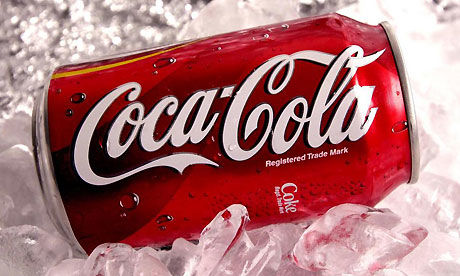1 Name: 🐾BlackFoxNews : 2013-08-17 22:02 ID:nBvgDz6z (Image: 460x276 jpg, 43 kb) [Del]

Well, here's one way to try to boost sales: say that diet sodas are good for you. That's what Coca-Cola is trying out in a series of new advertisements, reports the Associated Press, in an effort to boost declining soda and diet soda sales. These new ads, scheduled to run in USA Today (in its Atlanta markets) and the Chicago Tribune, not only stress the safety of aspartame, a hotly debated ingredient found in Diet Coke and other diet drinks, but also say diet sodas can help people manage their weight. Many believe the new ads come at a time when Coca-Cola (and other soda companies) feel backed into a corner by critics who say soda is to blame for rising obesity rates. Meanwhile, diet soda sales are dropping, but why? Diet soda drinkers have the same health issues as those who drink regular soda, according to a new report. Purdue University researchers reviewed a dozen studies published in past five years that examined the relationship between consuming diet soda and health outcomes. They then published an opinion piece on their findings in the journal Trends in Endocrinology & Metabolism, saying they were “shocked” by the results. "Honestly, I thought that diet soda would be marginally better compared to regular soda in terms of health," said Susan Swithers, the report's author and a behavioral neuroscientist and professor of psychological sciences. “But in reality it has a counterintuitive effect.” Artificial sweeteners in diet soda fulfill a person’s craving for a sweet taste, without the calories. But that's the problem, according to researchers. Think of it like crying wolf. The fake sugar in diet sodas teases your body by pretending to give it real food. But when your body doesn't get the things it expects to get, it becomes confused on how to respond. Many say that despite numerous studies saying aspartame is safe to consume as a sweetener, consumers are still wary of it. The ads are only one part of Coca-Cola's initiative to raise awareness of aspartame; future plans include more free webinars for dietitians and "online resources" for health care professionals. Still, is touting the wonderful benefits of aspartame a little too self-promoting for the company? Time will tell if its newest health initiative will work.
